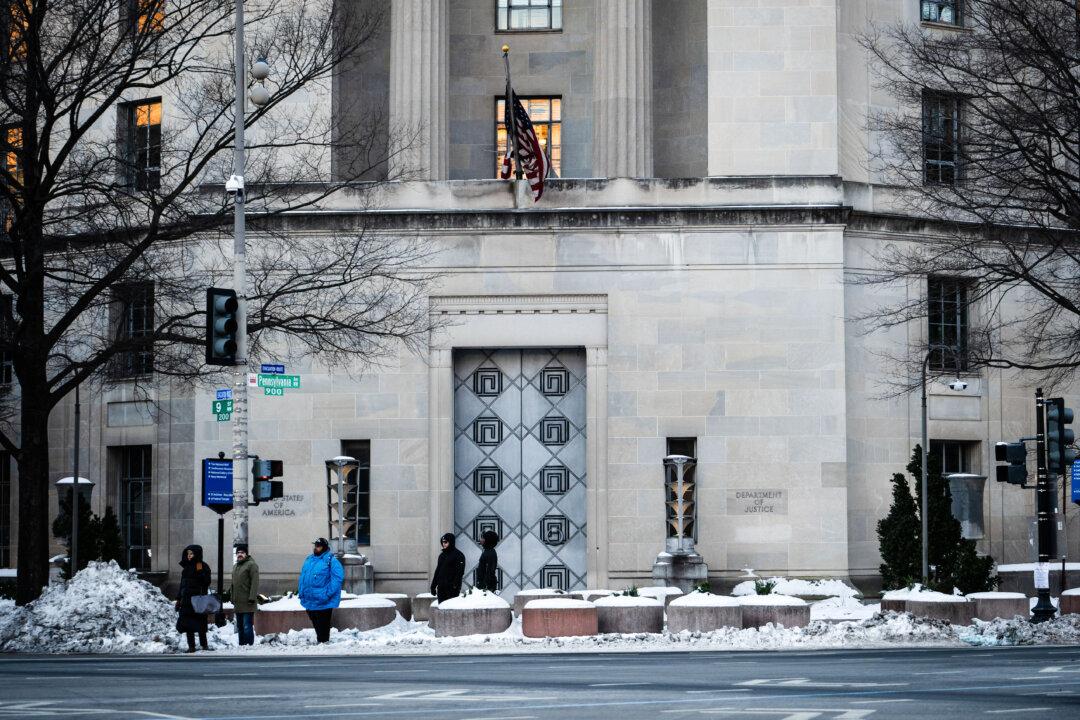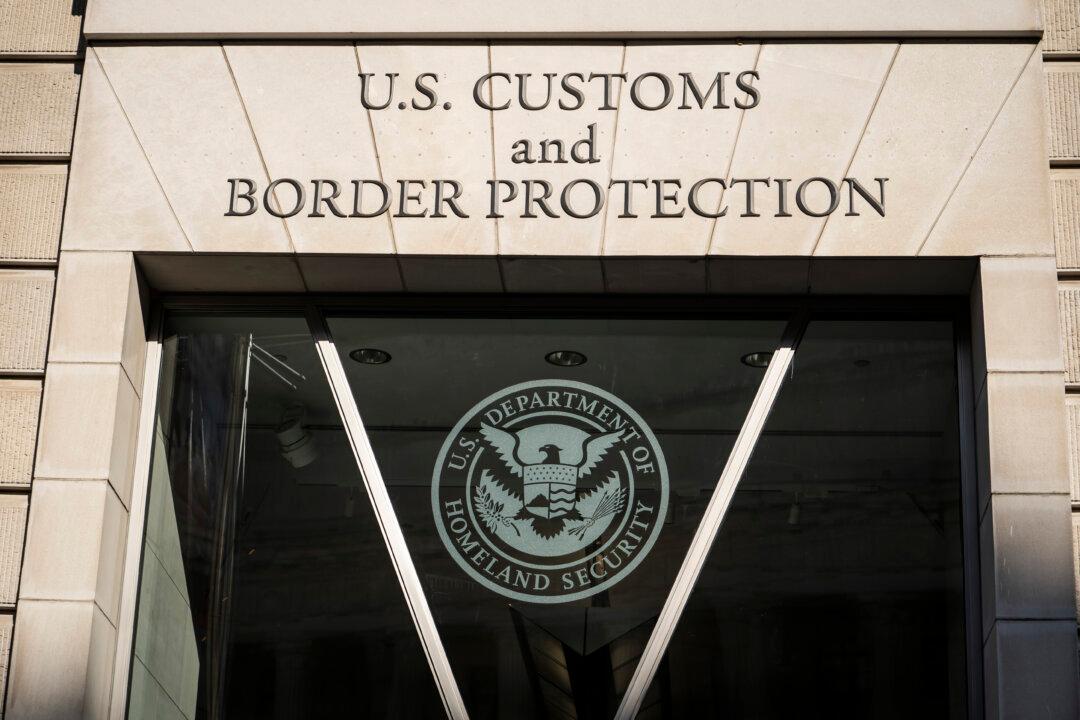After more than 1 million people took to the streets of Hong Kong on June 9 to call on the local government to scrap an extradition bill that would allow suspects to be sent to China, Beijing has largely turned a deaf ear, while imposing strict online censorship to prevent Chinese netizens from reading about the news.
Meanwhile, Taiwan has served as an open platform for people to express their views, with the island’s 2020 presidential candidates taking the opportunity to call out Beijing’s continued attacks on sovereignty.
The Hong Kong government first proposed amendments to its extradition laws in February, which would allow the chief executive—the city’s top official—to sign off on extradition requests, including from mainland China, without approval from the Legislative Council (LegCo).
Outside of Hong Kong, there have been small-scale solidarity protests taking place around the globe, including in New York City; Los Angeles; Sydney and Brisbane, Australia; and London.
Inside China
Chinese authorities and China’s state-run media have been mostly quiet following the massive protest.China’s Foreign Ministry spokesperson Geng Shuang, during a regular daily press briefing held on June 10, said that Beijing would continue to support the Hong Kong government in advancing the extradition bill.
On the same day, China’s nationalistic state-run publication Global Times ran a commentary stating that the Hong Kong protest was the result of “opposition forces” in Hong Kong colluding with “Western forces.”
The article further accused Washington of “meddling in Hong Kong affairs” and “sabotaging the prosperity and stability of Hong Kong to contain China’s development,” citing recent comments by “radical American politicians” on Hong Kong. Several U.S. lawmakers have publicly expressed concern about the bill’s potential threat to Hong Kong’s autonomy.
Other Chinese state-run media—CCTV, Xinhua, and People’s Daily—simply chose not to cover the Hong Kong protest at all, according to Radio Free Asia (RFA).
Chinese authorities have censored all online mentions of the June 9 protest.
Human rights lawyer Tang Jingling told RFA that his social media account on the Chinese social media platform WeChat was suspended June 9, after he shared a picture of the Hong Kong protest on a group messaging chatroom. Tang said he also noticed that several chat groups were suspended by Chinese censors.
A college professor surnamed Huang from China’s Gansu Province shared with RFA how she also noticed that WeChat’s censorship was working on overdrive for the past two days.
Huang explained that the rationale behind China’s censorship is because the Chinese regime feared that if its citizens read about the protest, they would take to the streets just like people in Hong Kong.
As of press time, when those two terms are entered in a search box on Sina Weibo, the following message appears: “In accordance with relevant laws and regulations, there are no search results to display.”
Hua Po, a Beijing-based political analyst, told the Chinese-language Epoch Times that the censorship and media blackout is a way for the Chinese Communist Party (CCP) to maintain “stability” in China.
Taiwan
Taiwan President Tsai Ing-wen, who is seeking re-election in January 2020, took to her official Facebook page on June 10 to express support for the Hong Kong protest.“As in Taiwan, we support the pursuit of freedom, democracy, and human rights by Hongkongers,” Tsai wrote.
She took the opportunity to denounce Beijing’s proposal to take over Taiwan under the “one country, two systems” model—currently in place in Hong Kong as part of the handover agreement when the UK handed back control of the city to China in 1997.
Beijing—which considers Taiwan part of its territory despite the island having its own democratically-elected government, economic system, and military—has repeatedly suggested such a model for bringing Taiwan under its fold.
“‘One country, two systems’ is never acceptable to Taiwan,” Tsai wrote. She added that if Taiwan were to accept such a model, Taiwanese people would lose their basic rights.
“I call on the Taiwanese people to continue to care about the development in Hong Kong. Let’s show our support and safeguard Taiwan,” Tsai added.
William Lai, Taiwan’s former premier and a presidential candidate in the 2020 election, held a press conference on June 10 in response to the Hong Kong developments.
He also urged Taiwan citizens to support Hong Kong’s efforts, adding that the island shouldn’t fall to Beijing’s influence—as it has inevitably in Hong Kong since the handover.
Taiwan should “never become a second Hong Kong or Tibet,” Lai said, according to Taiwanese media.
In the evening on June 10, more than a dozen Taiwanese students and activists gathered outside the Hong Kong Economic, Trade, and Cultural Office in Taipei to support Hongkongers’ demands to scrap the extradition bill. The day prior, more than 200 Hong Kong students studying in Taiwan delivered a petition letter to the office, expressing their opposition to the extradition bill.
One of the participants, Michelle Wu, president of the student union at Taiwan’s prestigious National Taiwan University, urged the Hong Kong government to comply with the people’s will, as demonstrated by the large-scale march on June 9.
Wu also appealed to the Taiwanese government, and all of Taiwan’s political parties, not to overlook the extradition bill, since it has much to do with Taiwanese citizens’ rights; they could also be at risk of extradition by the Chinese regime if they visit Hong Kong.





